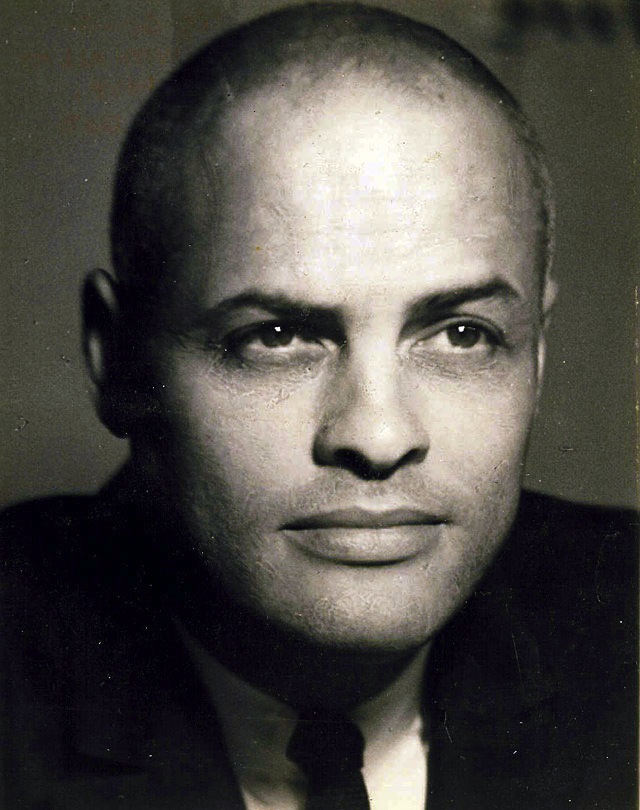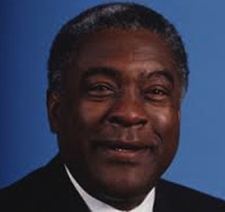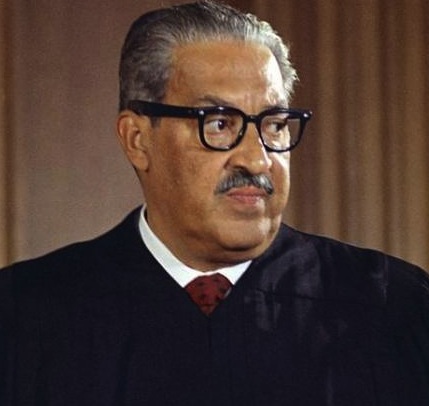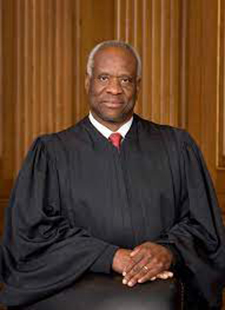How Tom Bradley made history as L.A.’s first Black mayor: This Week in Black History

On May 29, 1973, Los Angeles witnessed a transformative moment in its history when Tom Bradley was elected as the city’s first Black mayor. Bradley’s victory over incumbent Sam Yorty was the culmination of a hard-fought campaign, often marked by racially charged rhetoric and deep divisions within the city. Yet, Bradley’s perseverance, vision, and commitment to public service resonated with Angelenos across communities, setting the stage for a new era in Los Angeles politics.
Bradley, the grandson of a former slave, was no stranger to breaking barriers. Before his mayoral run, he served as a Los Angeles City Councilman, representing the 10th District, and was one of the first African Americans to serve on the council. His campaign for mayor was historic not only because of his race, but also because of the coalition he built—uniting Black, Latino, Asian, and white voters who were eager for change after years of Yorty’s leadership.
The 1973 election was far from easy. Yorty’s campaign often resorted to racially coded language and fear tactics, attempting to portray Bradley as a radical outsider. Despite these challenges, Bradley remained focused on his message of unity, progress, and opportunity for all Angelenos. His calm demeanor, integrity, and dedication to improving the city’s neighborhoods, public safety, and transportation infrastructure won over a majority of voters.
Bradley’s victory was not just a personal milestone—it was a pivotal moment for Los Angeles and for Black political leadership nationwide. He would go on to serve five terms as mayor, becoming one of the longest-serving mayors in the city’s history and leaving a legacy that included the expansion of the city’s international airport, revitalization of downtown, and greater inclusion of minority communities in city government.
Tom Bradley’s election broke barriers and inspired generations of leaders in Los Angeles and beyond. His story is a reminder of the power of perseverance, coalition-building, and hope in the face of adversity.
For more information on Black history, arts, and culture in Los Angeles, visit the California African American Museum at www.caamuseum.org.





